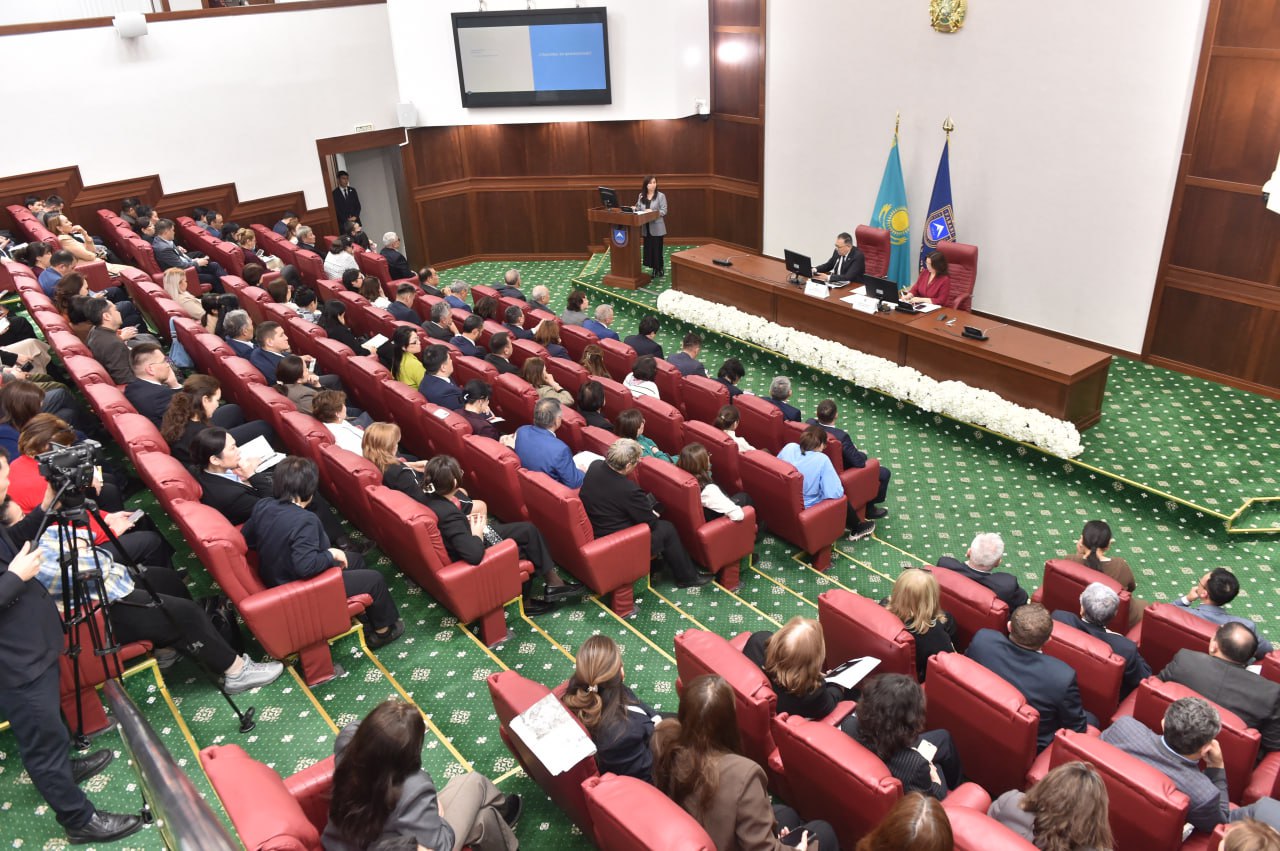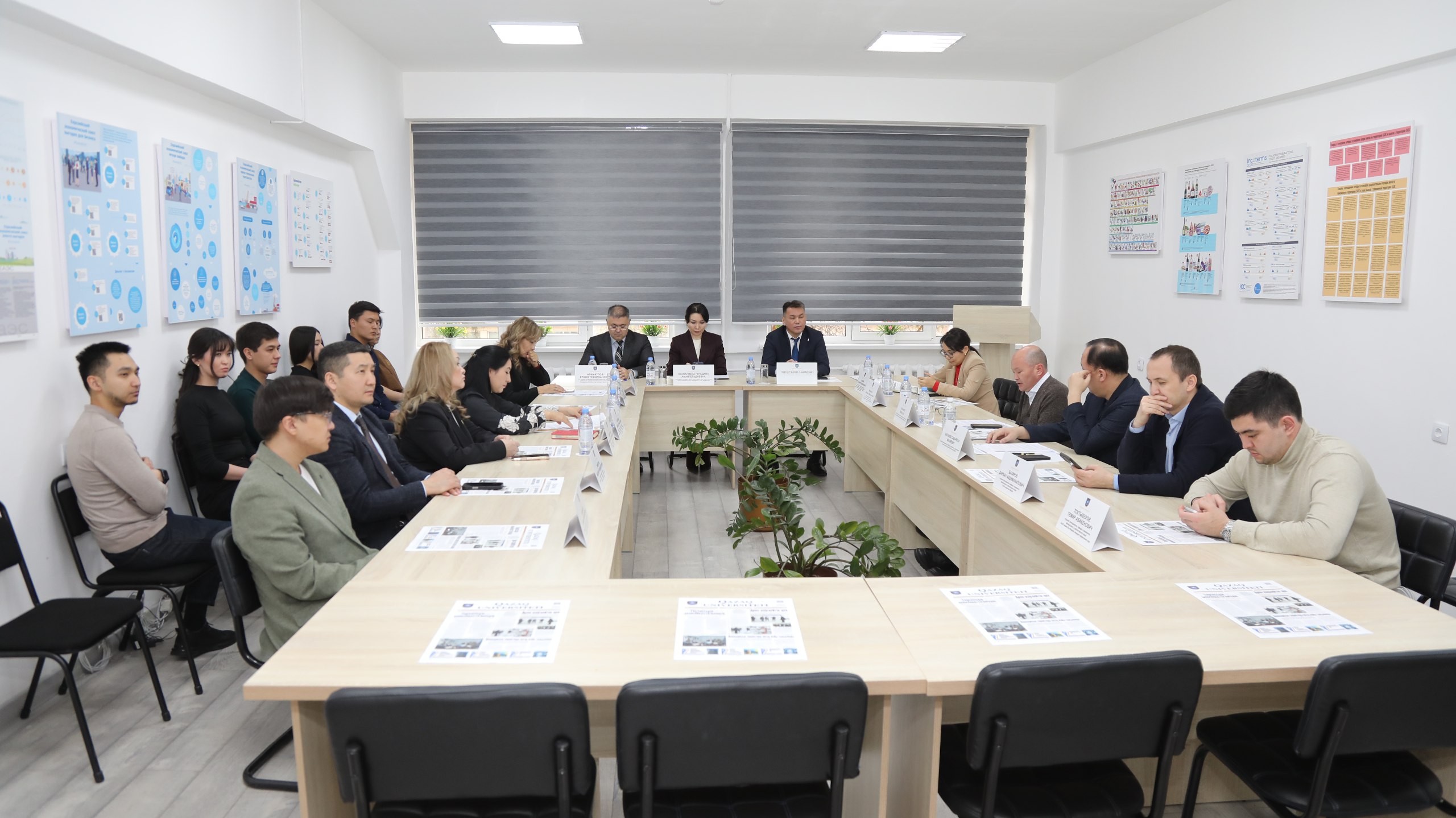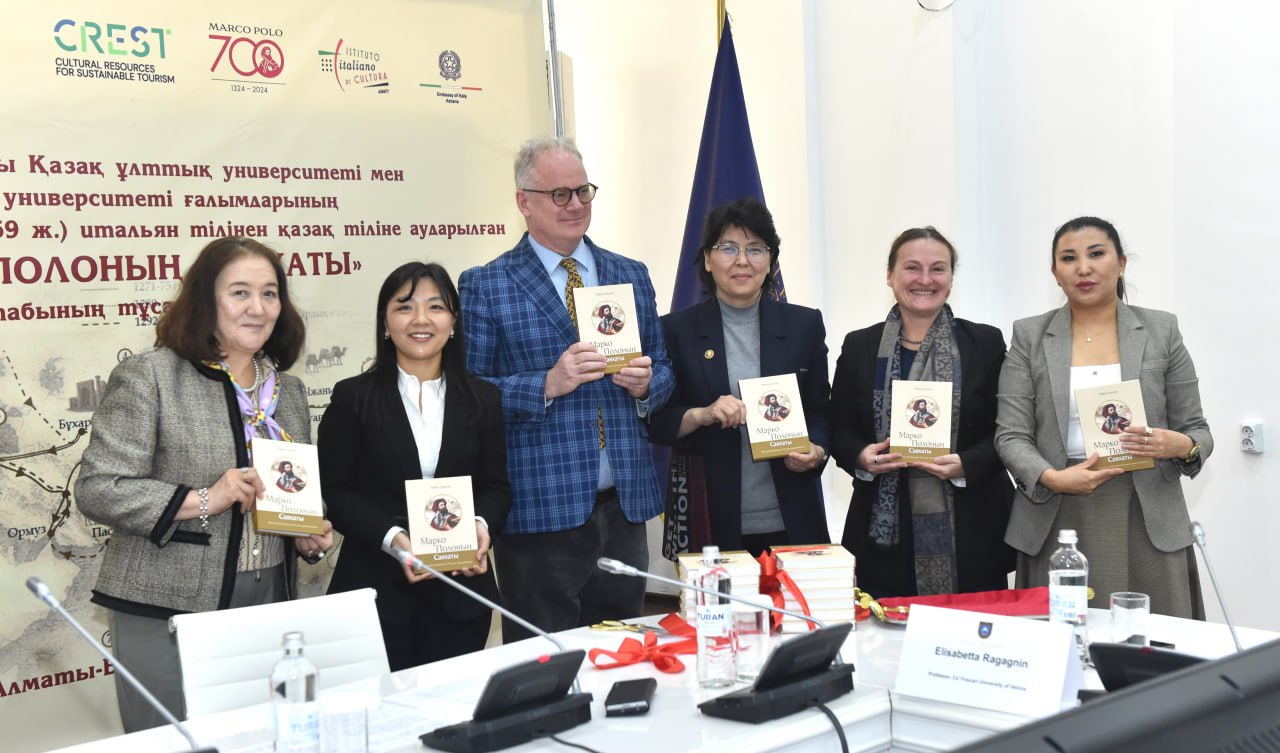- Main
- News
- Meeting of the State Commission for the Full Rehabilitation of Victims of Political Repressio
Meeting of the State Commission for the Full Rehabilitation of Victims of Political Repressio
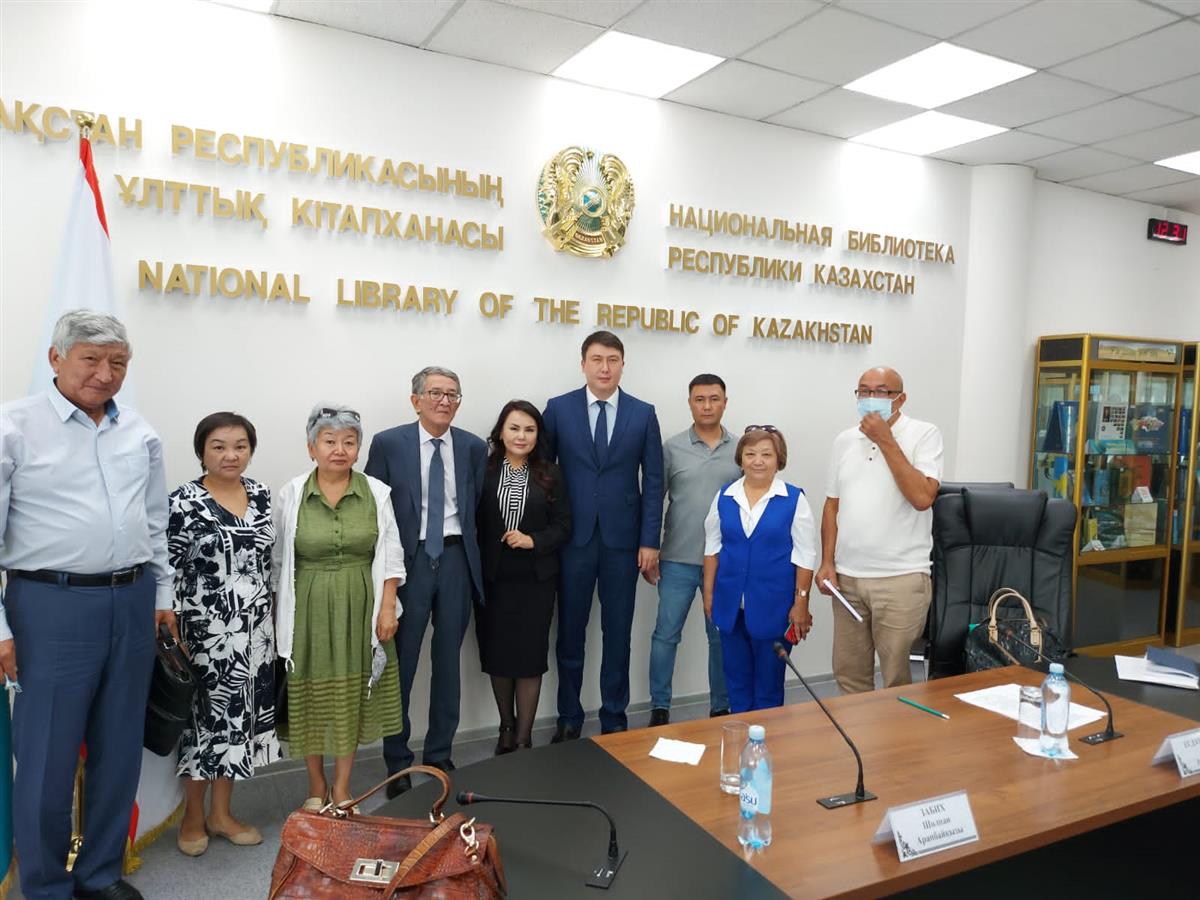
At the seminar held on September 7, 2021, organized by the «Rukhani Zhagyru» Project Office and the Akimat of the city of Almaty, issues of information exchange, as well as experience in collecting materials about victims of political repression were considered. Participants in 372 uprisings were shot without trial during the suppression of these uprisings, and they were also subjected to repression by extrajudicial and judicial authorities for participating in and supporting these uprisings.
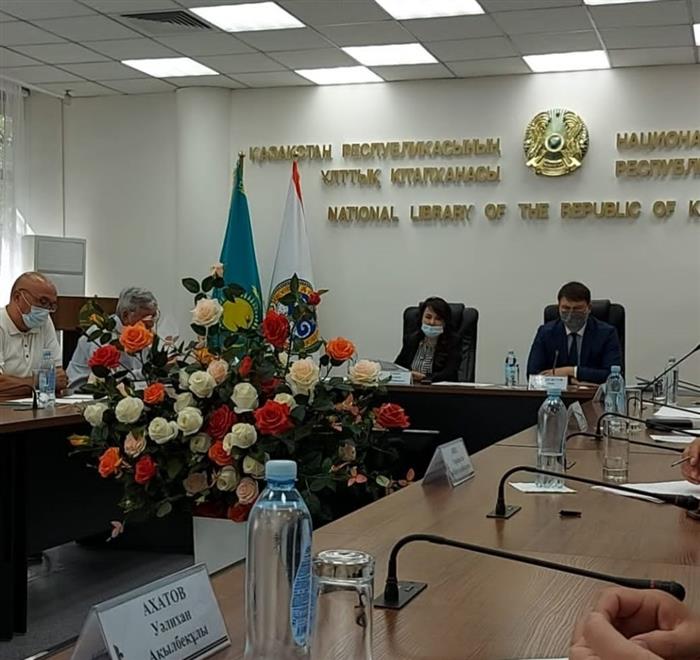
The State Commission operates in accordance with the Decree of the President of the Republic of Kazakhstan K. Tokayev dated November 24, 2020 No. 456 "On the State Commission for the Full Rehabilitation of Victims of Political Repression" chaired by the State Secretary of the Republic of Kazakhstan K. Kusherbayev.
Head of the working group of the State Commission of the city of Almaty, Doctor of Law, Associate Professor of the Department of Civil Law and Civil Procedure, Labor Law of the Law Faculty of KazNU named after Al-Farabi Zabikh Sholpan Arapbaykyzy made a presentation on the topic: "Anti-Soviet uprisings in Kazakhstan: the possibilities of special archives."
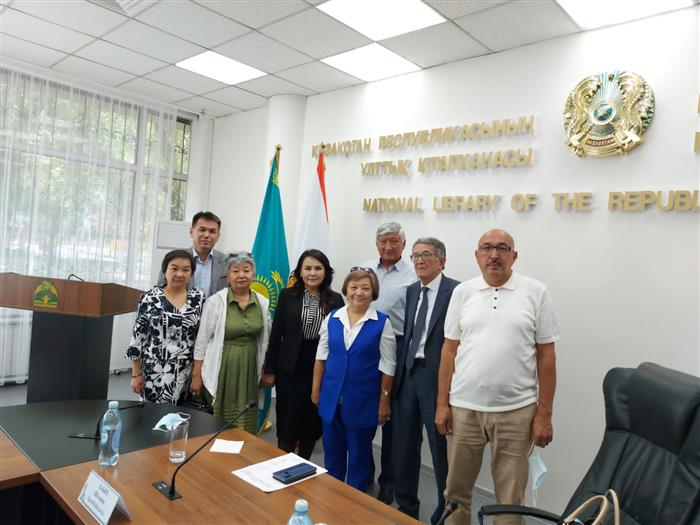
In his report, Zabikh Sh.A. noted that at the beginning of the twentieth century, 372 uprisings took place on the territory of Kazakhstan, of which 21 were large uprisings. Major uprisings include the Batpakkara uprising, the Adayev uprising (Mangyshlak uprising), the Takhta-Kupyr uprising, the Balkash-Shokpar uprising, the Karmakshynskoye (Karakum or Kzyl-Orda) uprising and others. Scientists of the State Commission for the city of Almaty are carefully studying archival documents that have turned yellow from time, including investigative cases for each participant in the uprisings. However, the difficulty in studying archival documents lies in the fact that information about a particular participant in the uprising is not contained in a specific case, but is literally stored in various archival materials or is completely absent. In her speech, Sholpan Arapbaykyzy focused on the uprising in the Karatal district of the Almaty district (the territory of the Almaty region), which broke out in the spring of 1930 and was directed against the violent policy of collectivization. She also announced the new names of the non-rehabilitated participants in this uprising, which were revealed by the city commission during the study of archival documents.
Department of Civil Law and Civil Procedure,
Labor Law Faculty of Law
KazNU named after al-Farabi
Other news
